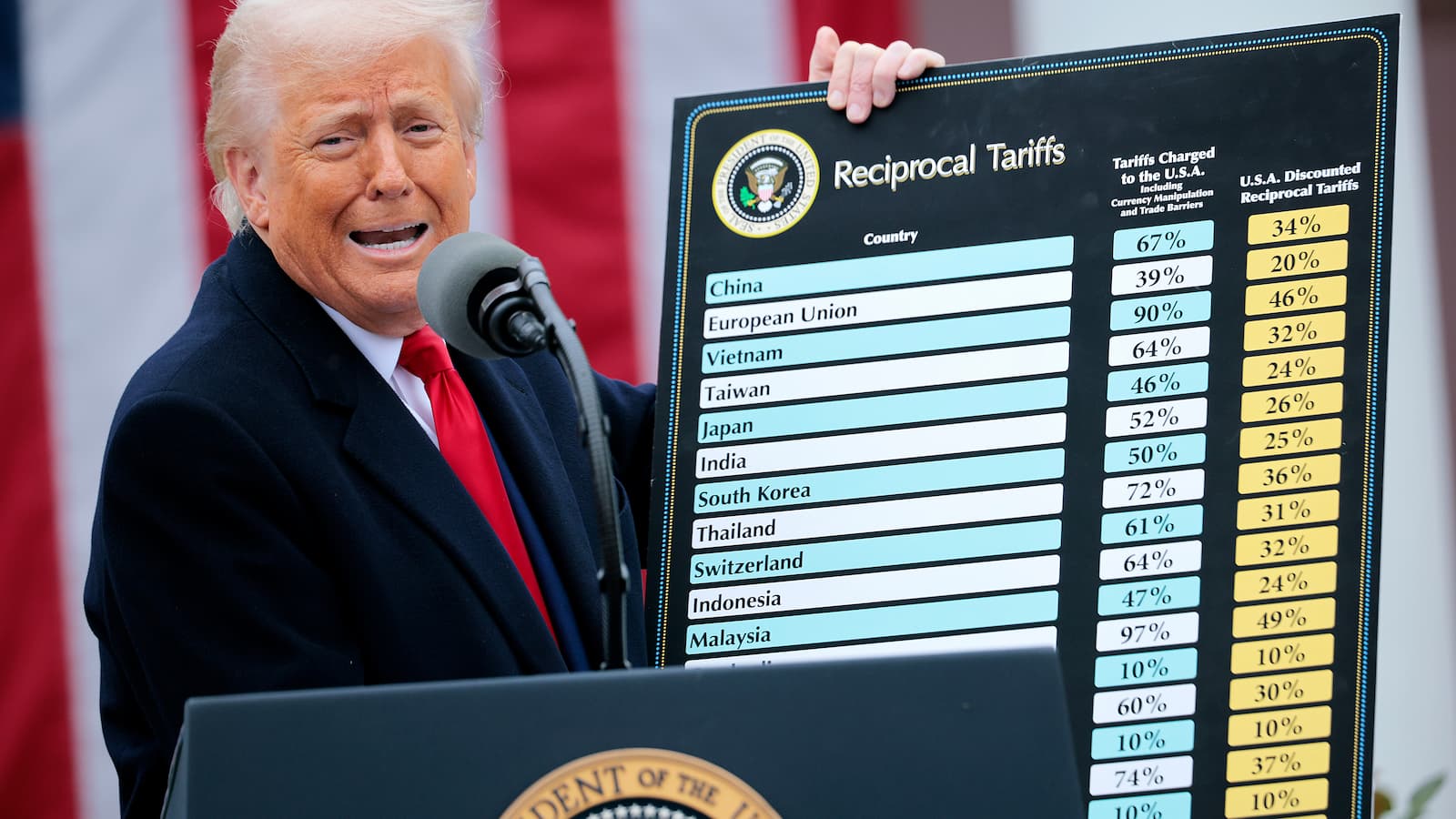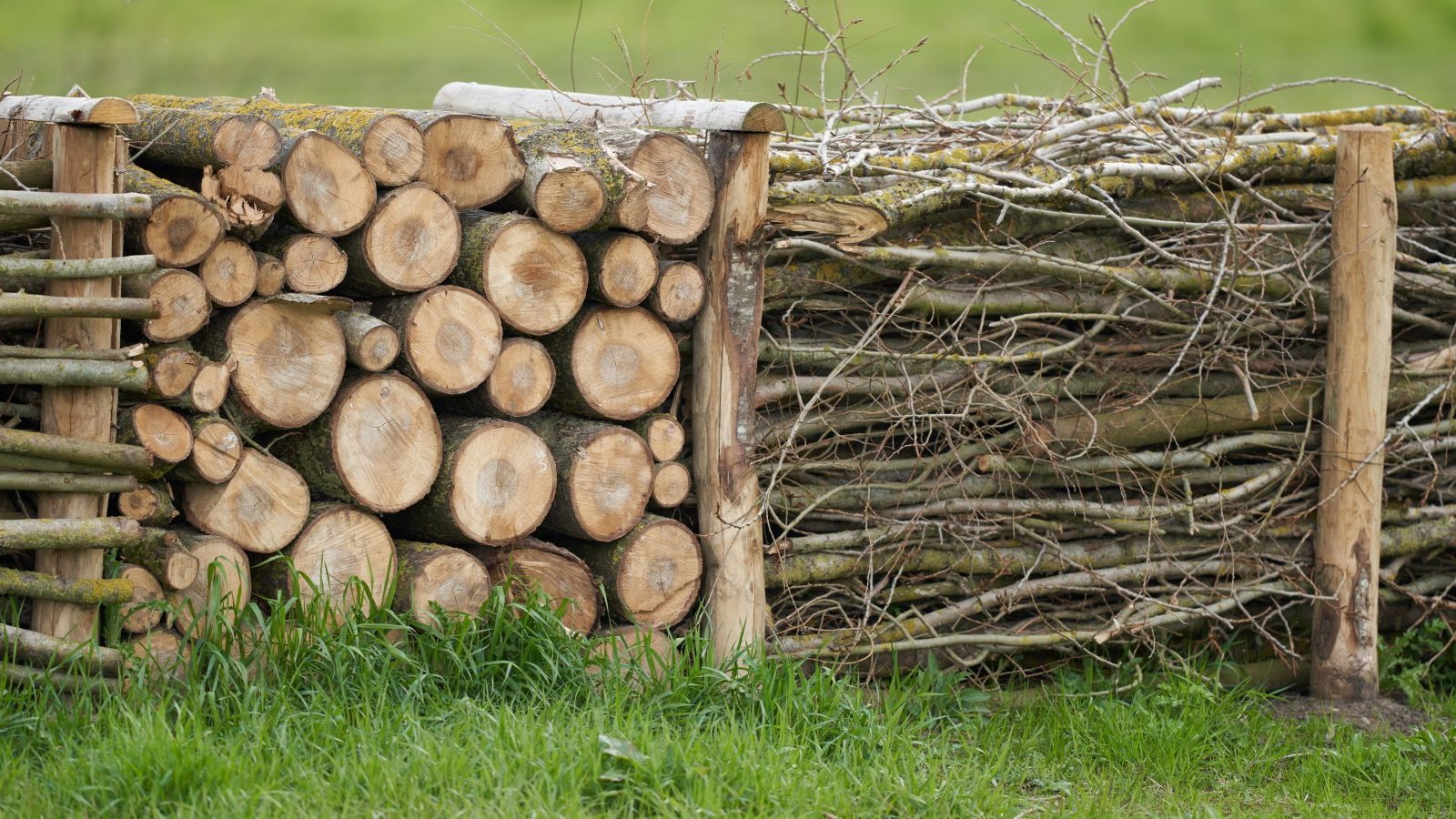Trump’s tariffs threaten to derail UK’s homebuilding market as builders warn of 'major harm'
Building representatives say the tariffs look set to disproportionately affect smaller builders by driving up costs

President Donald Trump’s newly introduced tariffs on steel, aluminium and other core building materials are sending shockwaves through the UK homebuilding industry.
Experts are warning the tariffs are threatening to push up project costs, stall developments and undermine the government’s already revised housing targets.
The 10% blanket tariffs on UK imports, combined with a specific 25% tariff on steel and aluminium, have sparked concern that the cost of building homes in Britain could soon rise significantly, placing further pressure on small builders and renovators already facing mounting costs.
British steel and aluminium in the crosshairs

Although only 5% of UK steel and 6% of aluminium exports are sent directly to the US, the wider repercussions of these trade restrictions are starting to bite.
British Steel recently announced plans to shutter its last two blast furnaces, citing these tariffs as a driving force.
With steel and aluminium being critical components in structural builds, windows, cladding and roofing, developers are likely to face tough choices - absorb the costs, delay work, or pass them on to clients, which could in turn lead to higher house prices.
“Steel is the backbone of many homebuilding projects,” said Gareth Stace, Director General of UK Steel. “This move is a devastating blow. It threatens jobs, the balance of trade, and crucially, the homes we so badly need.”
Get the Homebuilding & Renovating Newsletter
Bring your dream home to life with expert advice, how to guides and design inspiration. Sign up for our newsletter and get two free tickets to a Homebuilding & Renovating Show near you.
Small builders face “major harm,” warns FMB
The Federation of Master Builders (FMB) has echoed the concerns, pointing to the impact on smaller construction firms that make up the majority of the UK’s residential build market.
Brian Berry, Chief Executive of the FMB, said: “The ongoing economic situation will be of great concern to businesses across the world, and construction is no exception. Around 67% of small builders have had to raise their prices due to rising material costs. More worryingly, 52% reported falling profits or outright losses - and around 8% say their business is now at risk of closure.”
Berry added that Trump’s tariffs could only deepen this crisis. “A prolonged period of economic uncertainty risks major harm to small builders, particularly with imported materials and the wider impact on markets like steel manufacturing. With the Chancellor placing the burden of economic recovery on housebuilders, it’s vital the Government offers real support to help rebuild Britain.”
The impact on the UK’s housing targets
The UK government has long aimed to meet the pressing need for new homes, especially in light of a growing population and housing affordability issues.
Labour’s target of 1.5 million new homes is a key part of its housing strategy, but the combination of rising material costs, supply chain disruptions, and an already strained workforce makes achieving this target increasingly difficult.
Rachel Reeves, in her Spring Statement, has already revised the target down to 1.3 million homes, acknowledging that the original goal is unlikely to be reached. The tariffs on key building materials such as steel and timber only exacerbate the problem, making it harder for developers to stay within budget and meet deadlines.
The path forward
The tariffs on steel and aluminium, combined with the skills shortage, are pushing the UK further from its housing target.
Developers are already grappling with higher material costs and lengthy delays, which could prevent them from building enough homes to address the UK’s housing crisis.
While the UK government has made efforts to address the skills gap by aiming to introduce 60,000 new construction workers, the sector needs to tackle much larger workforce shortages.

News Editor Joseph has previously written for Today’s Media and Chambers & Partners, focusing on news for conveyancers and industry professionals. Joseph has just started his own self build project, building his own home on his family’s farm with planning permission for a timber frame, three-bedroom house in a one-acre field. The foundation work has already begun and he hopes to have the home built in the next year. Prior to this he renovated his family's home as well as doing several DIY projects, including installing a shower, building sheds, and livestock fences and shelters for the farm’s animals. Outside of homebuilding, Joseph loves rugby and has written for Rugby World, the world’s largest rugby magazine.
